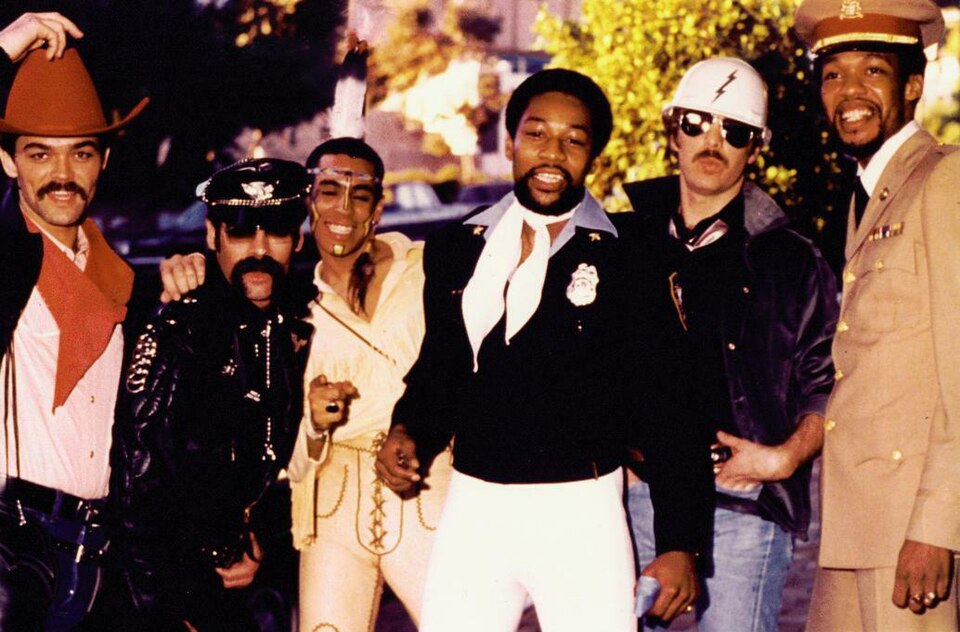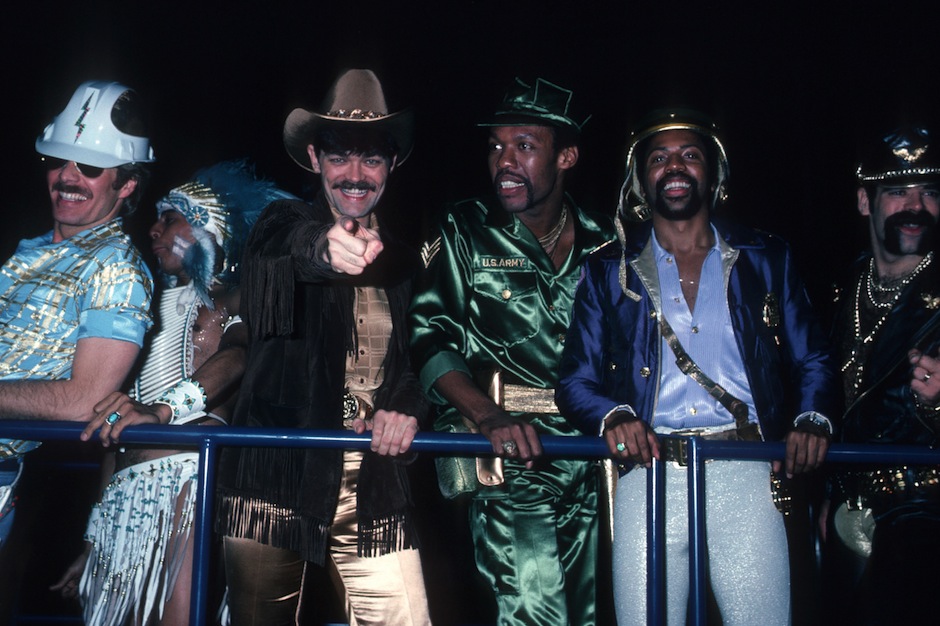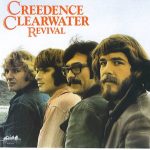🕺 Village People – “Y.M.C.A.” (1978): A Global Anthem of Joy, Community, and Dual Meanings ✨

“Y.M.C.A.,” released in October 1978 by the iconic disco group Village People, is far more than just a catchy tune; it’s a global phenomenon that has transcended its origins to become a universal symbol of celebration, unity, and inclusivity. As the lead single from their album Cruisin’, this vibrant track, co-written by Jacques Morali and Victor Willis, soared to No. 2 on the Billboard Hot 100 charts, embedding itself into the fabric of popular culture.

The Infectious Sound and Iconic Dance
Musically, “Y.M.C.A.” is pure, unadulterated disco exuberance. It’s driven by an irresistible, pulsating beat, uplifting brass arrangements, and a buoyant melody that instantly compels listeners to move. The distinct call-and-response vocals, led by Victor Willis, are both simple and incredibly effective, making the song easy to sing along to. However, what truly cemented its iconic status is the unmistakable, universally recognized dance associated with the chorus letters Y, M, C, and A. This simple, engaging choreography, performed by millions around the world at parties, sporting events, and celebrations, has become synonymous with the song itself, transforming it into an interactive anthem of joy and camaraderie. The official music video, released in 1978, features the Village People performing in their flamboyant, trademark costumes (policeman, construction worker, Native American, cowboy, leather man, and G.I.), further cementing the visual spectacle tied to the song’s energy.

Beyond the Surface: Layers of Interpretation and Inclusivity
On the surface, “Y.M.C.A.” openly celebrates the Young Men’s Christian Association (YMCA) as a vibrant place for fun, friendship, sports, and support. The lyrics directly encourage a young man, perhaps new to town, to seek out the YMCA for community and connection, providing a safe haven and opportunities for growth: “Young man, there’s no need to feel down / I said, young man, pick yourself off the ground… It’s fun to stay at the Y.M.C.A.”
However, the song also carries significant subtextual associations, particularly within the LGBTQ+ community. Given the Village People’s image and their deliberate cultivation of a gay following, the lyrics can be interpreted on a deeper level as a coded message embracing inclusivity and finding a place to belong, regardless of one’s identity or sexual orientation, at a time when such acceptance was far from mainstream. The YMCA, for many, was indeed a place where gay men could discreetly meet and find community in an often-unwelcoming society. This dual interpretation enriched the song’s meaning, allowing it to resonate with a diverse audience and contributing to its enduring appeal as a powerful symbol of finding acceptance and celebrating who you are. “Y.M.C.A.” remains a timeless classic, beloved for its infectious energy and its multifaceted message of communal joy.











